Seattle, the emerald city of the Pacific Northwest, is renowned not only for its stunning natural landscapes and thriving economy but also as the birthplace of a distinctive coffee culture. From quaint local cafes to global giants, Seattle has played a pivotal role in shaping the global coffee industry. Let’s embark on a fascinating journey through the history of coffee in this city, from its humble beginnings to its explosive growth.
The Origins and Early Development of Coffee in Seattle
Seattle’s coffee story began in the early 20th century when immigrants from around the world brought their coffee-drinking habits to this port city. Initially, coffee was mainly served in small diners and general stores, catering primarily to laborers and sailors.
However, it wasn’t until the 1960s that coffee culture truly started to take root in Seattle. During this time, independent coffee shops began to emerge, focusing on coffee quality and creating cozy spaces for people to gather and socialize. These cafes were more than just places to enjoy coffee; they became cultural hubs, frequented by artists, musicians, and writers.
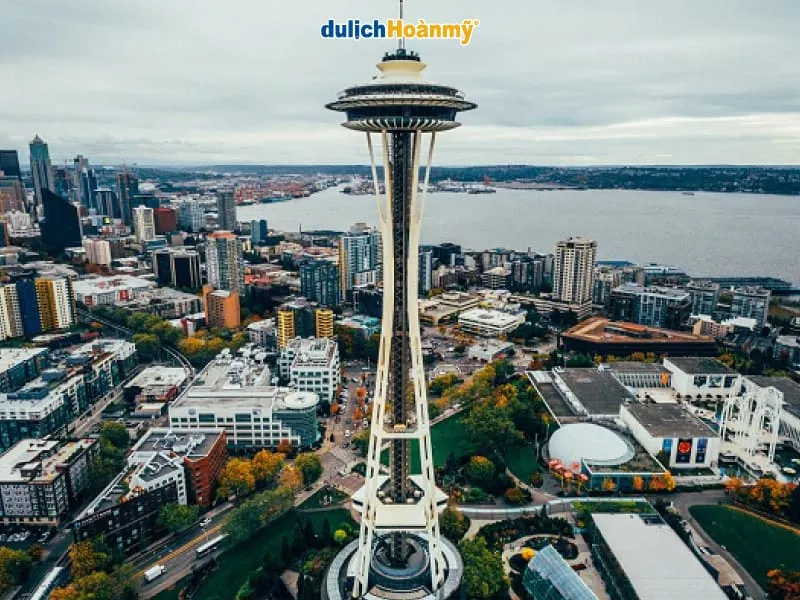 Seattle cityscape
Seattle cityscape
Coffee became an integral part of the city’s cultural fabric, acting as a catalyst for conversations, creative ideas, and lasting connections.
The Rise of Starbucks and the Coffee Revolution
No discussion about Seattle’s coffee history is complete without mentioning Starbucks, one of the world’s most recognized coffee brands. Founded in 1971 at Pike Place Market, Starbucks initially started as a store selling roasted coffee beans.
However, in the 1980s, under the leadership of Howard Schultz, Starbucks underwent a significant transformation. Schultz recognized the potential of creating a “third place” between home and work, a space where people could relax, enjoy coffee, and connect with friends.
Starbucks began expanding its chain of stores, not only in Seattle but across the United States and globally. The company introduced Italian coffee drinks like lattes and cappuccinos and created a completely new coffee experience centered around quality, service, and ambiance.
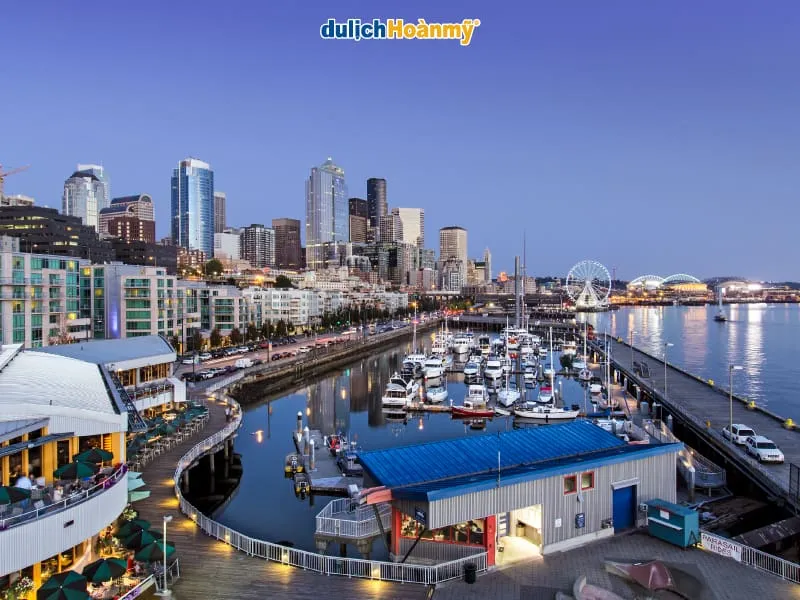
Starbucks’ success sparked a coffee revolution, not only in Seattle but worldwide. Numerous other coffee shops emerged, competing with Starbucks by focusing on coffee quality, uniqueness, and individual style.
Independent Coffee Culture and Diversity
Despite Starbucks’ dominance in the coffee market, Seattle has maintained a strong independent coffee culture. Many small coffee shops, run by passionate and knowledgeable owners, continue to thrive, offering customers unique and diverse coffee experiences.
These cafes often emphasize using specialty coffee, roasted in-house and brewed by skilled baristas. They also cultivate cozy, friendly, and distinctive atmospheres, attracting coffee lovers seeking something different.
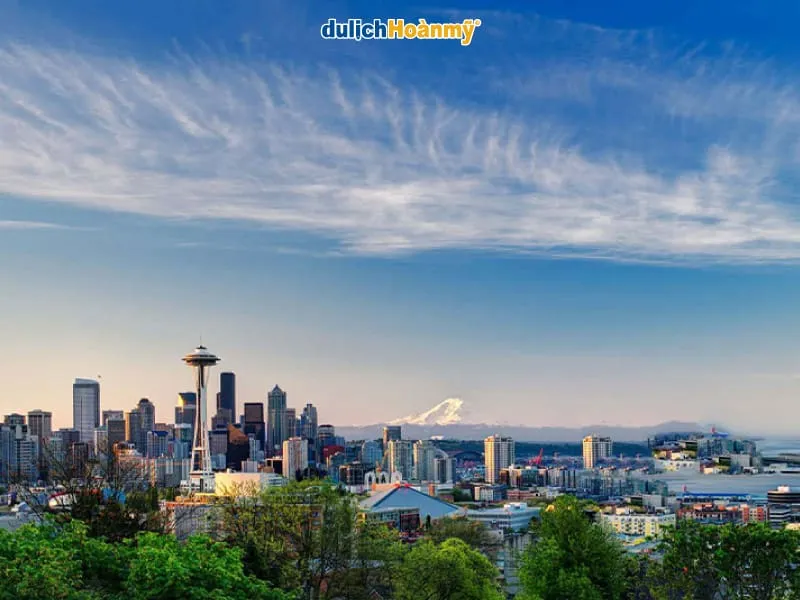
The independent coffee culture in Seattle is not just about drinking coffee; it’s also about supporting local businesses, exploring new flavors, and connecting with the community. It creates diversity and richness within the city’s coffee industry, making Seattle an attractive destination for coffee enthusiasts from around the world.
Specialty Coffee and the Focus on Quality
Another crucial factor contributing to the success of Seattle’s coffee industry is the emphasis on quality. Many coffee shops and roasters in Seattle focus on using specialty coffee, grown in exceptional regions and processed under strict standards to ensure the best flavor.
They also prioritize roasting coffee in-house to guarantee freshness and distinctive flavor profiles. Baristas are well-trained to brew coffee professionally, creating cups that are perfect in taste, temperature, and presentation.
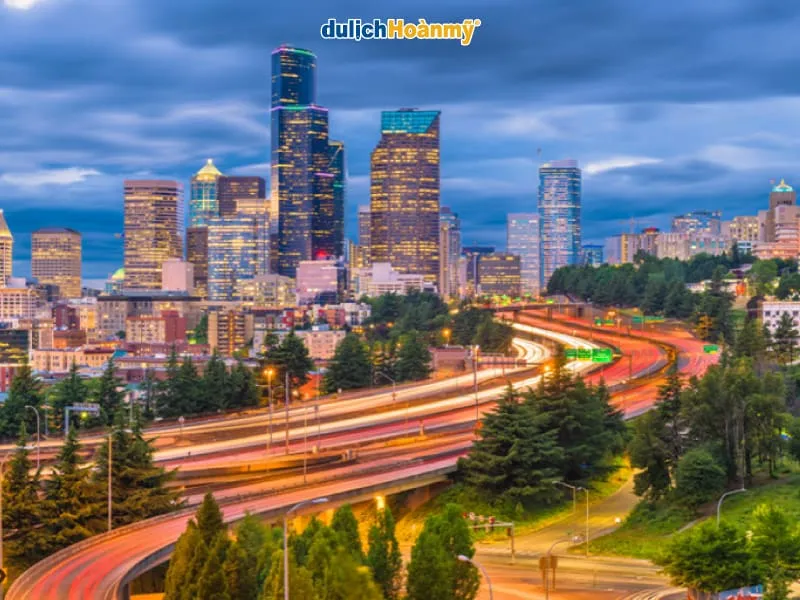
This focus on quality has helped Seattle build a reputation as one of the world’s leading coffee cities. It has also encouraged coffee producers worldwide to improve their product quality to meet the increasingly discerning market demands.
Coffee and Seattle’s Social Life
Coffee is more than just a beverage in Seattle; it’s an indispensable part of social life. Coffee shops are places where people meet friends, work, study, read, and relax. They are community hubs where people can share stories, ideas, and experiences.
Coffee also plays a significant role in Seattle’s economy. The coffee industry creates thousands of jobs, from coffee farmers to baristas, roasters, and coffee shop owners. It also attracts tourists to Seattle, contributing to the growth of the tourism sector.
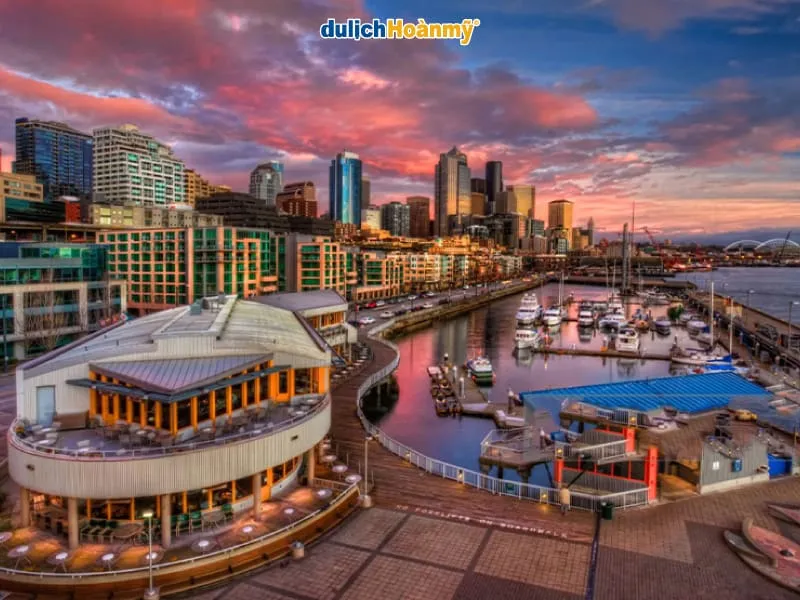
With the proliferation of coffee shops, many neighborhoods in Seattle have become more vibrant and appealing. Coffee shops create public spaces where people can gather and interact, contributing to community cohesion.
The Future of Seattle’s Coffee Industry
Seattle’s coffee industry continues to evolve and innovate. Coffee shops are experimenting with new brewing methods, unique coffee varieties, and creative coffee experiences.
Interest in sustainability and ethics within the coffee industry is also growing. Coffee shops are seeking ways to minimize their environmental impact, support small coffee farmers, and ensure fair treatment for workers.
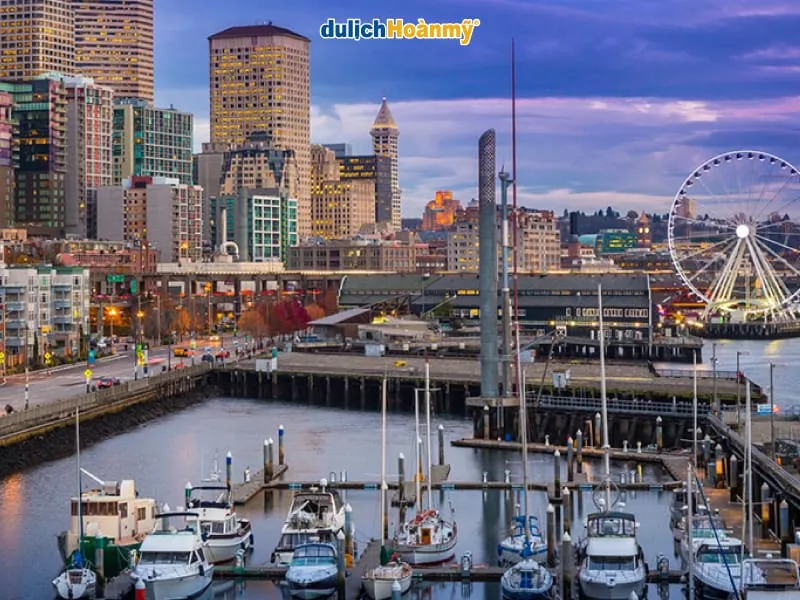
With passion, innovation, and a commitment to quality, Seattle’s coffee industry is sure to continue to thrive and shape coffee culture worldwide in the years to come. Seattle will always be an unmissable destination for coffee lovers looking to discover new flavors and exciting experiences.
Conclusion
From humble beginnings to global phenomenon, the history of Seattle’s coffee industry is a compelling story of passion, innovation, and entrepreneurship. Seattle has not only created a unique coffee culture but has also helped define the global coffee industry. If you are a coffee lover, visit Seattle to explore its amazing coffee shops, savor delicious cups of coffee, and experience the city’s unique coffee atmosphere. Seattle will certainly not disappoint.